How Should You Eat After Hair Transplant?
- 24 Aug 2023
- 0 Comments
How Should You Eat After Hair Transplant?
Just as in all treatments that affect human health, dietary habits are of great importance after hair transplantation. Choosing the right foods will accelerate cell renewal, helping to shorten the healing process. Additionally, following the instructions and recommendations provided by your doctor after the hair transplant will directly influence the success of the operation.
According to some experts, there is no specific food that must be consumed after hair transplantation, while others believe that certain foods are necessary for speeding up cell renewal. However, it's important to note that taking specific vitamins alone won't guarantee faster hair growth or thickness. Despite many food supplements making such claims, there is no scientifically proven study supporting them. In this confusing situation, it's essential to adhere to your doctor's guidance during this process and consume the necessary vitamins and nutrients.
Maintaining a high-quality and balanced diet program after hair transplantation contributes to healthy hair growth. Such dietary habits not only benefit your hair but also provide essential nutrients for overall bodily health.
It's worth mentioning that proper post-transplant nutrition alone won't be sufficient. Regular consumption of the foods included in a quality and balanced diet program is essential. Failing to do so will only lead to minor improvements in the hair transplant recovery process.
Although awareness of healthy eating is constantly increasing in society, the commodification of healthy eating has led to unnecessary consumption by individuals.
While individual variations exist in the context of healthy eating for general health, it's possible to state that there are certain fundamental foods that should be consumed by everyone. When creating a healthy diet program, focusing on what foods you shouldn't eat rather than what you should eat will likely be more accurate.
Pre- and post-transplant hair procedures should be considered as a whole, taking into account all factors that could impact the success of the operation. The foods, vitamins, and minerals that contribute to wound healing and cell renewal after hair transplantation need to be accurately identified. Additionally, foods that could negatively affect the healing process should be avoided.
Firstly, adding foods rich in biotin and iron to your diet can enhance hair quality. Peanut butter, fatty fish, soy, eggs, walnuts, spinach, yogurt, and almonds are expected to positively impact both hair quality and overall health.
While experts suggest that each vitamin group has different effects on hair development, the B-vitamin group has a significant impact on hair health and growth. B vitamins, particularly B12 and biotin (also known as B7), play a positive role in hair health. This vitamin group is not only effective for hair health but also beneficial for skin health. Foods containing B7, like egg yolks, are a primary source that should be consumed in the post-transplant nutrition process.
Post-hair transplant sweating is crucial for the health of hair follicles. Maintaining an appropriate level of sweating is necessary for healthy hair roots. Therefore, staying hydrated after the transplant is essential. Additionally, hair follicles are living cells that receive nourishment through blood circulation. High-quality blood circulation accelerates the healing process, resulting in less graft loss. Thus, consuming the necessary nutrients for the body will enhance the growth of hair follicles.
To ensure a comfortable recovery process after hair transplant surgery, avoid snacking and focus on consuming light, nutrient-rich foods. Alongside fruit for snacks, it's recommended to incorporate foods rich in B7, such as nuts.
Another vitamin that triggers hair growth and healing is B12. Predominantly found in animal products, this vitamin group is present in protein-rich foods like meat, milk, and fish. Keratin, which forms the primary structure of the scalp, is a protein-heavy substance. Therefore, animal products and protein-rich foods directly impact hair health and growth.
Considering the vitamin groups discussed so far, the consumption of animal products and protein-rich foods significantly contributes to the hair transplant recovery process.
B vitamins nourish hair follicles and promote efficient utilization of nutrients. Foods rich in B vitamins include whole grains, meat, dairy products, legumes, leafy greens like broccoli and spinach, as well as citrus fruits like oranges and lemons.
The deficiency of zinc-rich foods can trigger hair loss. Consuming foods rich in zinc after hair transplantation enhances tissue repair and collagen production, preventing hair loss. Foods containing zinc include red meat, turkey, spinach, garlic, pumpkin seeds, and peanuts.
Iron deficiency can also lead to hair loss. Intake of this vitamin aids the transportation of oxygen to hair roots, strengthening hair strands. Foods with iron content include poultry (chicken, turkey, duck), spinach, and cabbage.
Eating foods rich in vitamin E, which possesses antioxidant properties, accelerates wound healing. Foods containing vitamin E include almonds, pumpkin seeds, nuts, olive oil, fish, and leafy greens like spinach and cabbage.
To manage post-transplant stress, vitamin C consumption can be highly beneficial. Foods rich in vitamin C include citrus fruits like oranges, lemons, and grapefruits.
Consuming foods rich in vitamin A after hair transplantation can expedite wound healing and minimize itching on the scalp. Vitamin A-rich foods include dairy products (milk, butter, cheese), eggs, and vegetables such as spinach, leeks, carrots, and parsley.
In addition to these foods, it's necessary to avoid foods that could disrupt the hair transplant recovery process. Acidic and spicy foods can slow down the digestive system, delaying the healing process. While not directly food items, both smoking and alcohol consumption should be avoided for at least 15 days post-transplant. It's important to note that factors affecting the success of the hair transplant are not limited to these foods alone. Taking into account critical factors such as post-transplant washing and bandage removal is a more accurate approach.




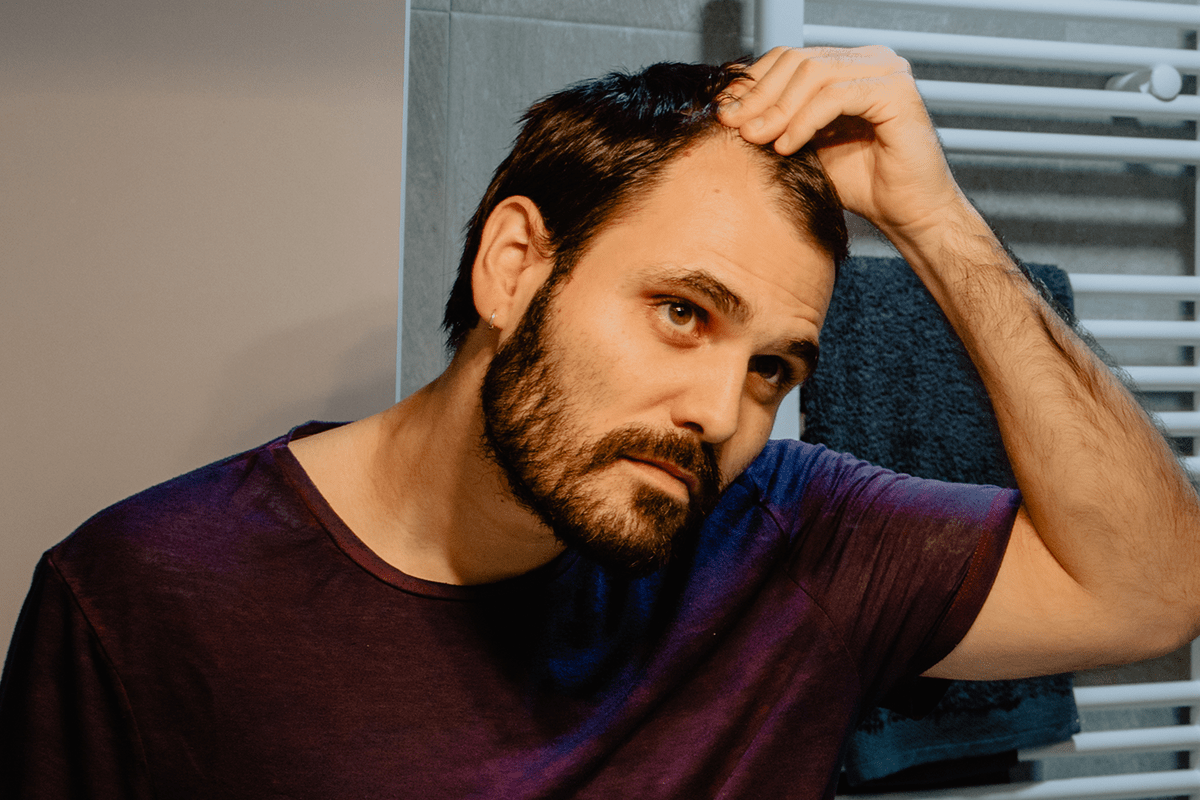
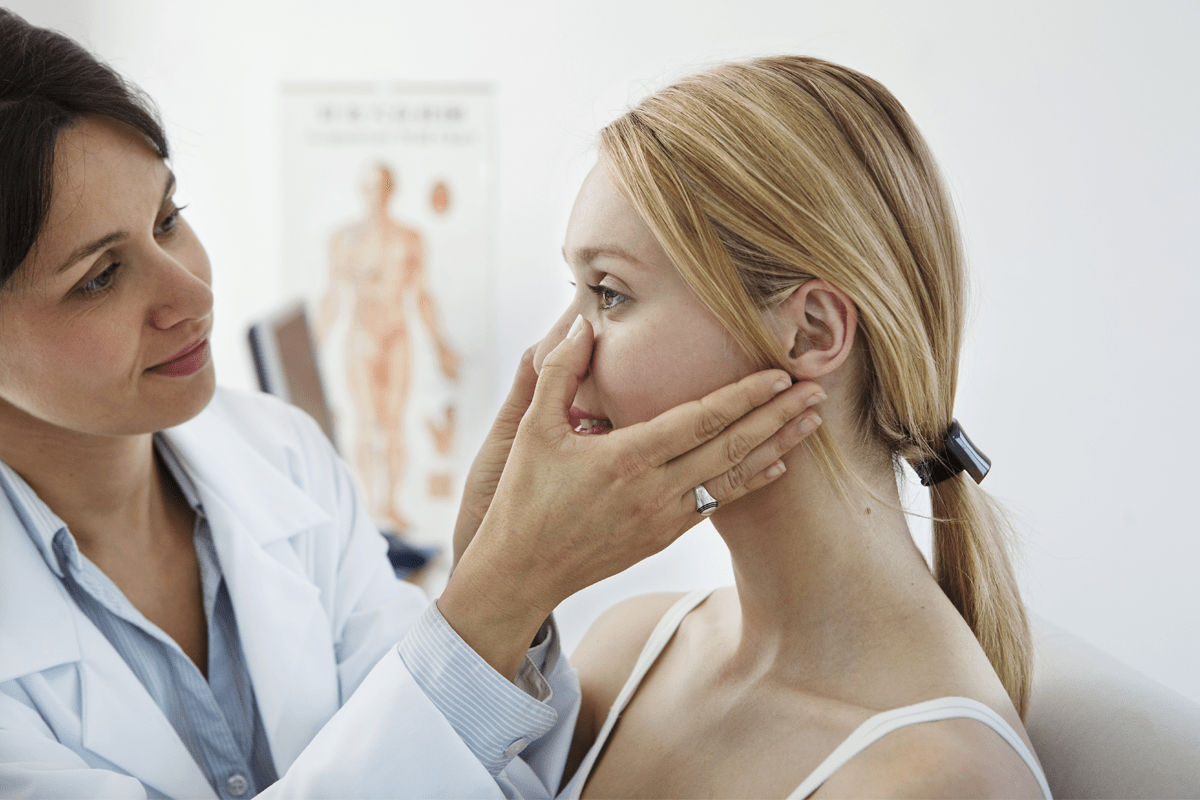
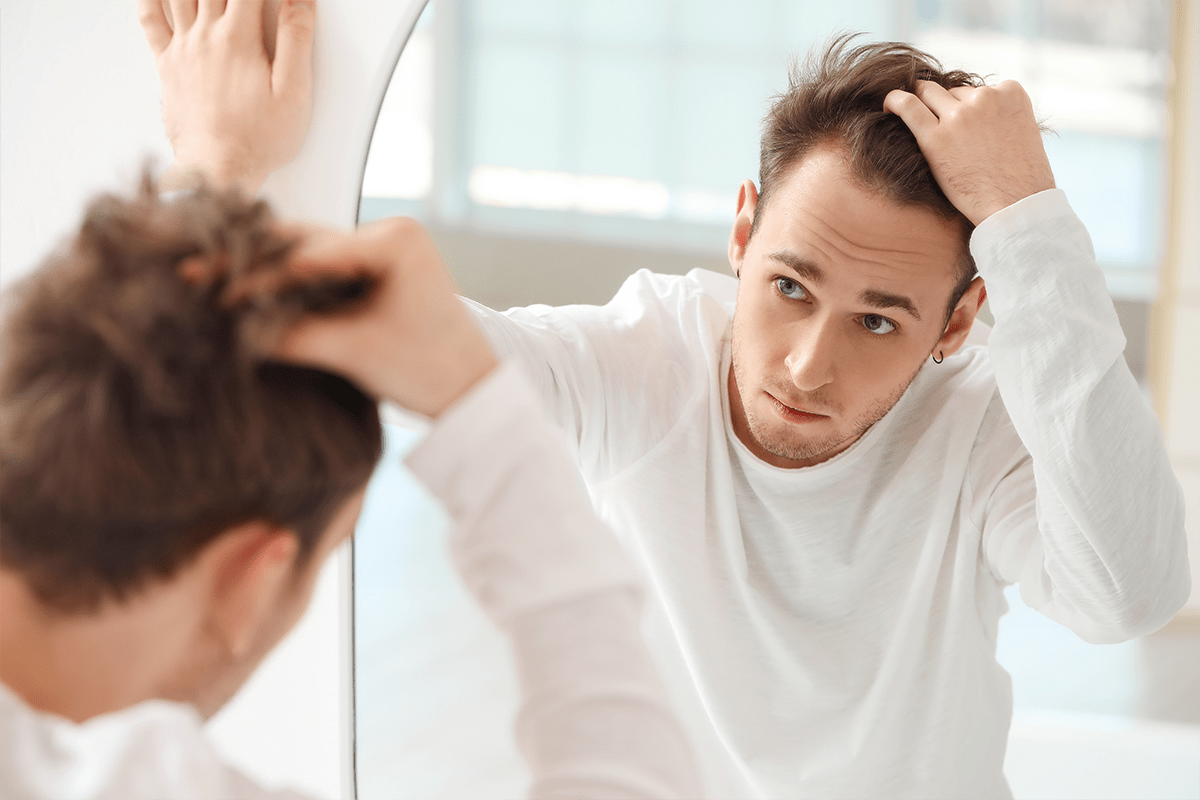
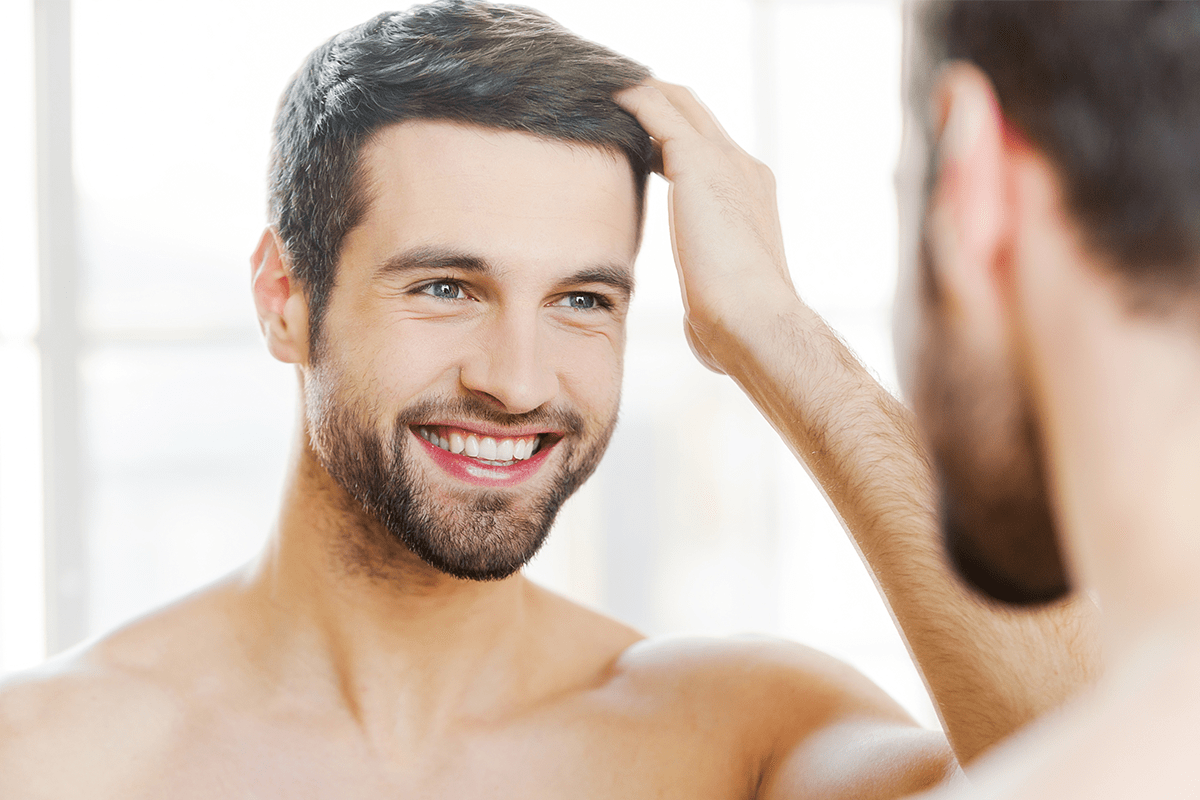

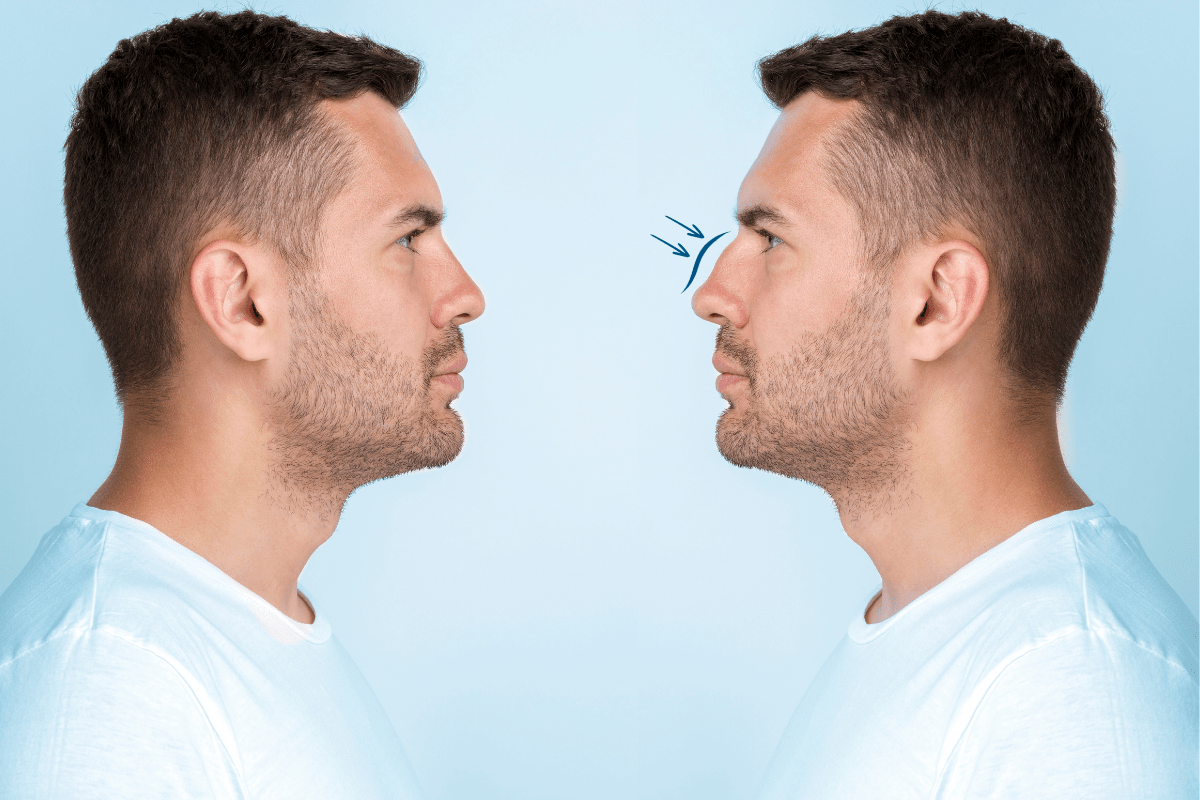
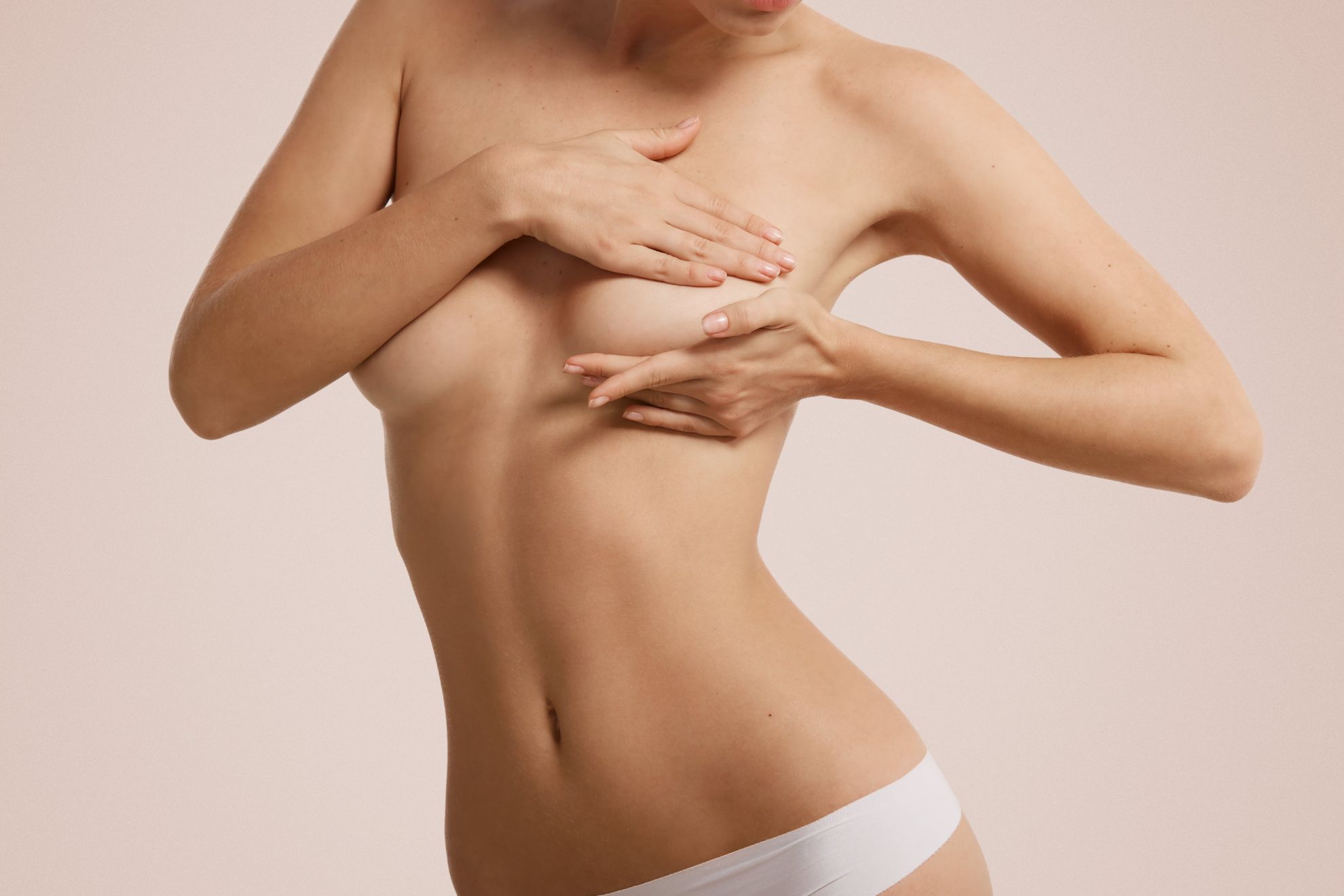
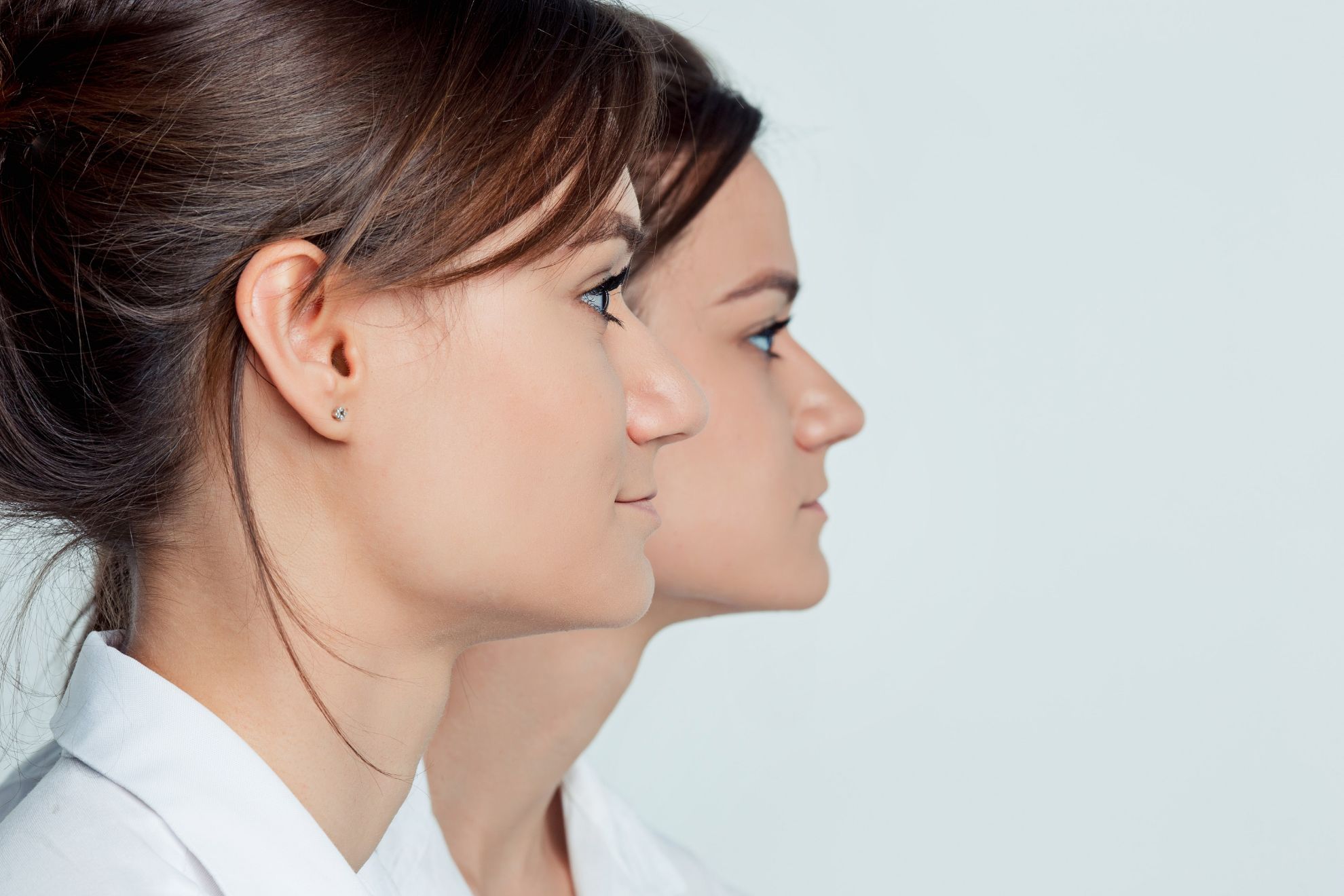
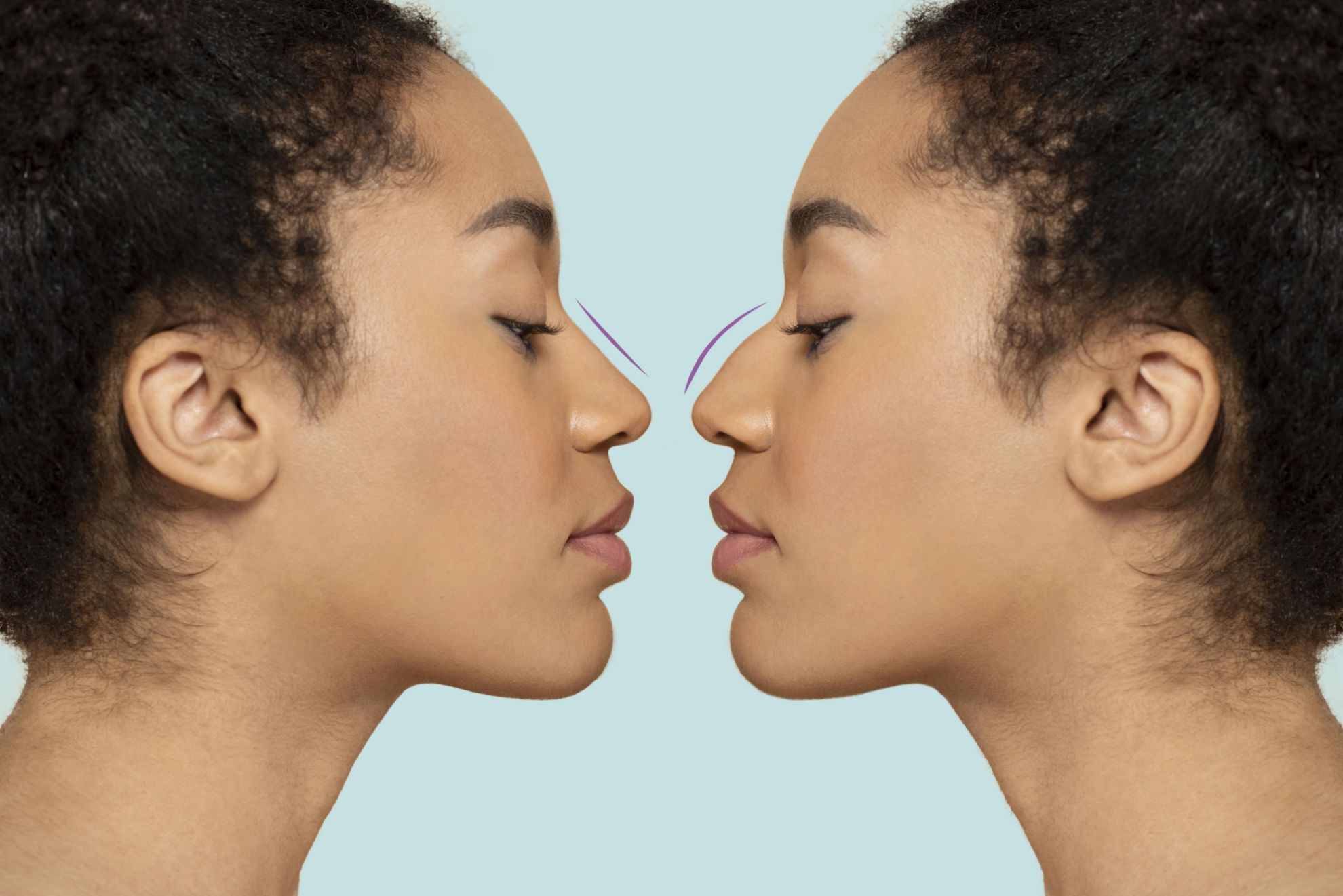




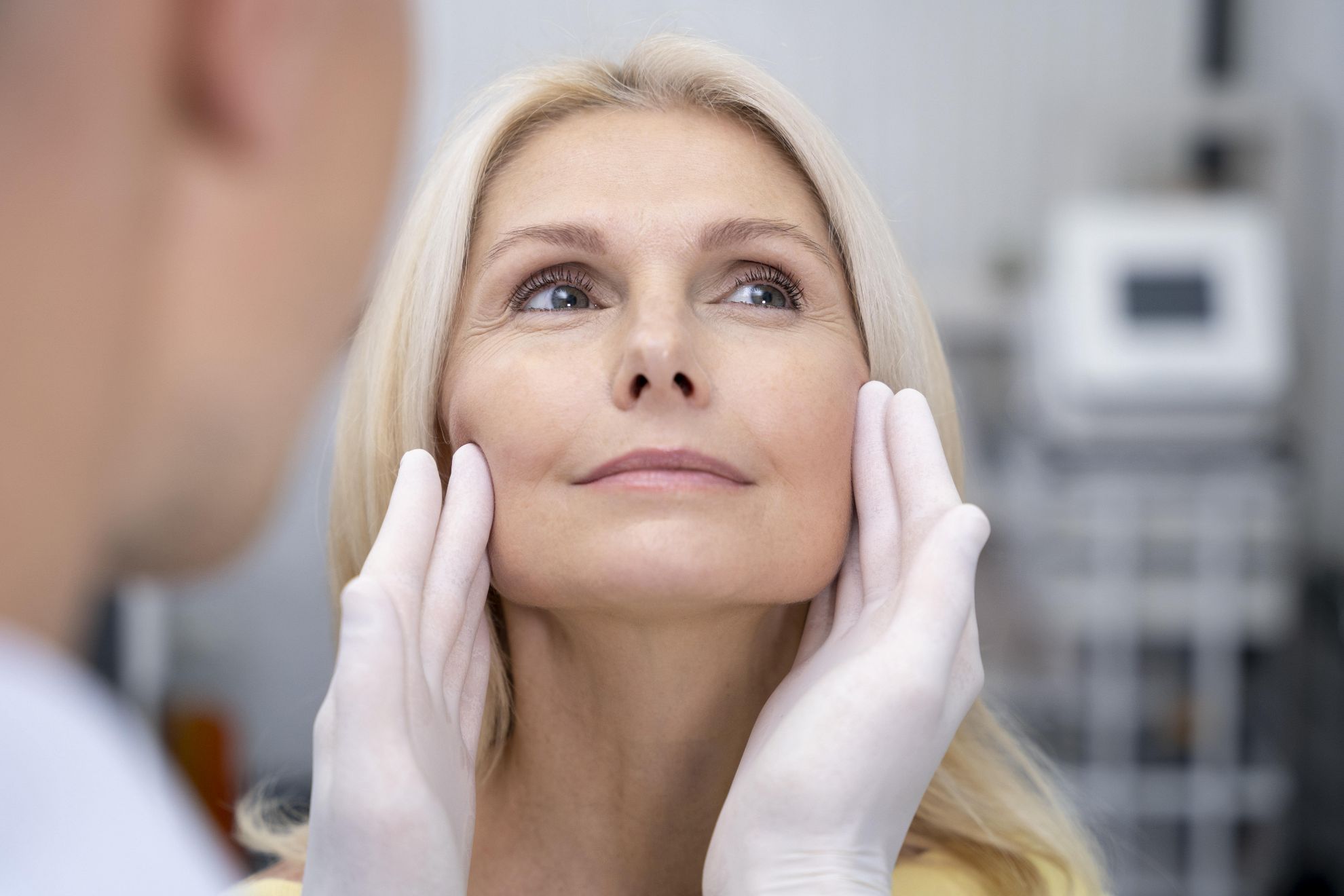
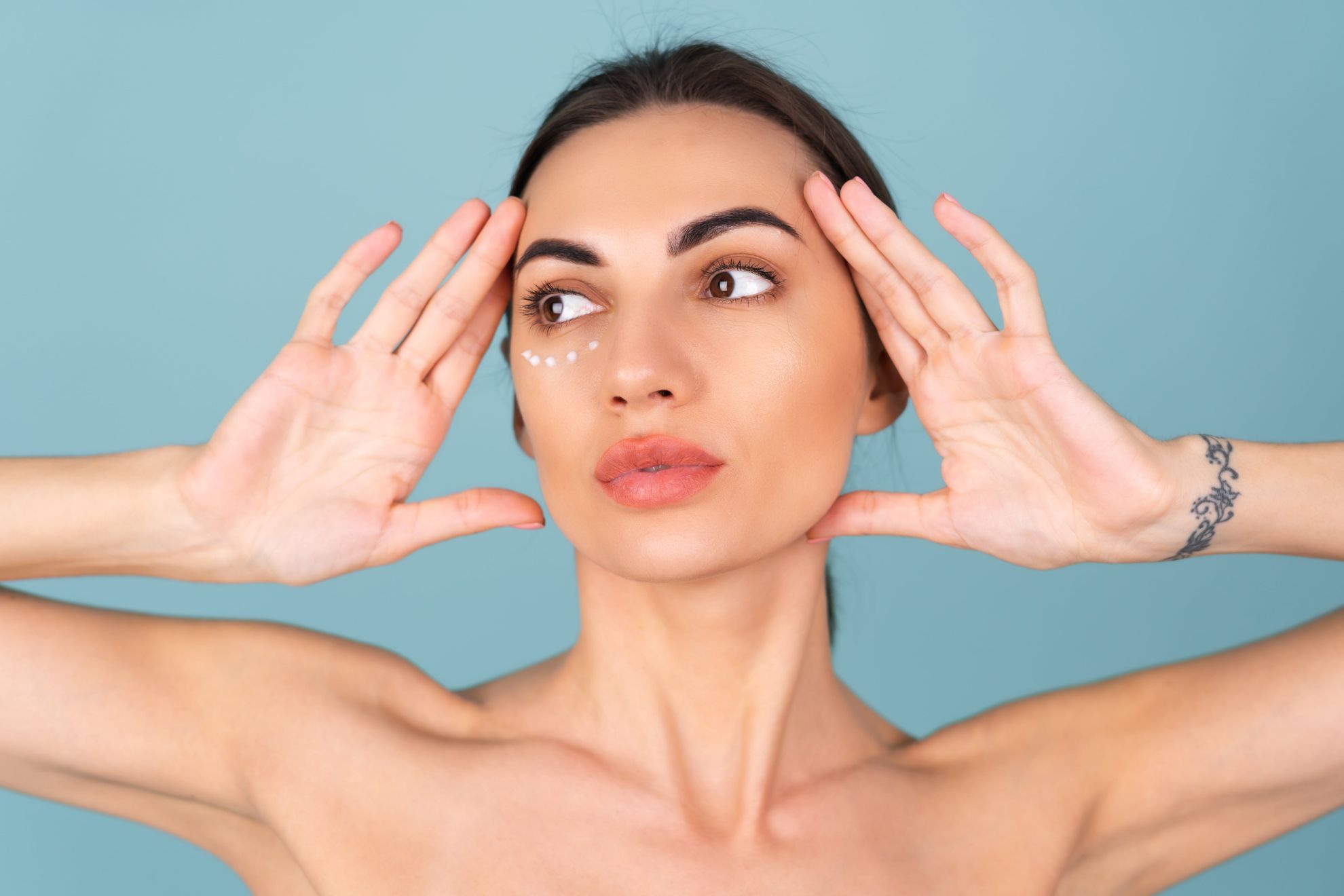
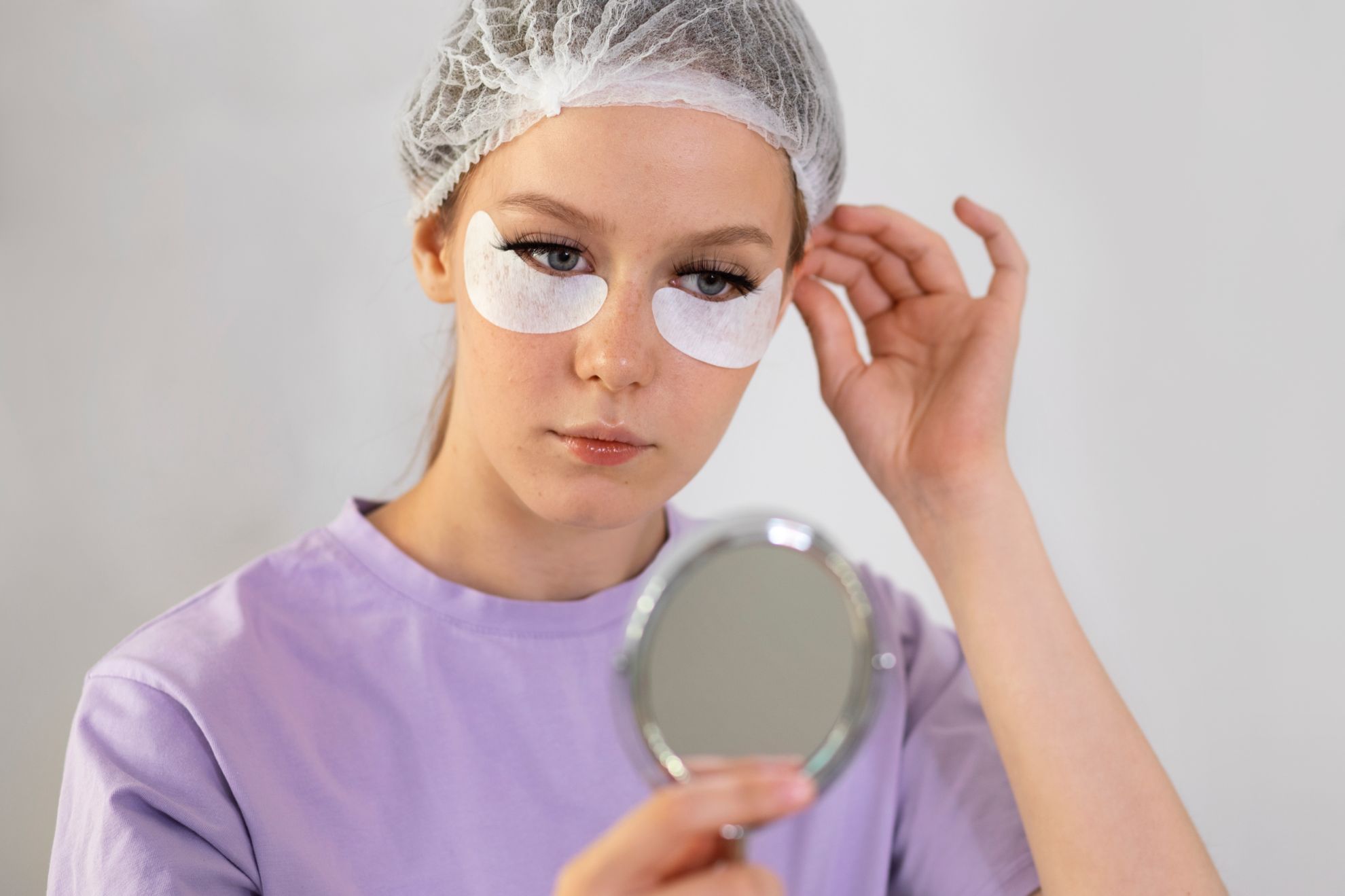
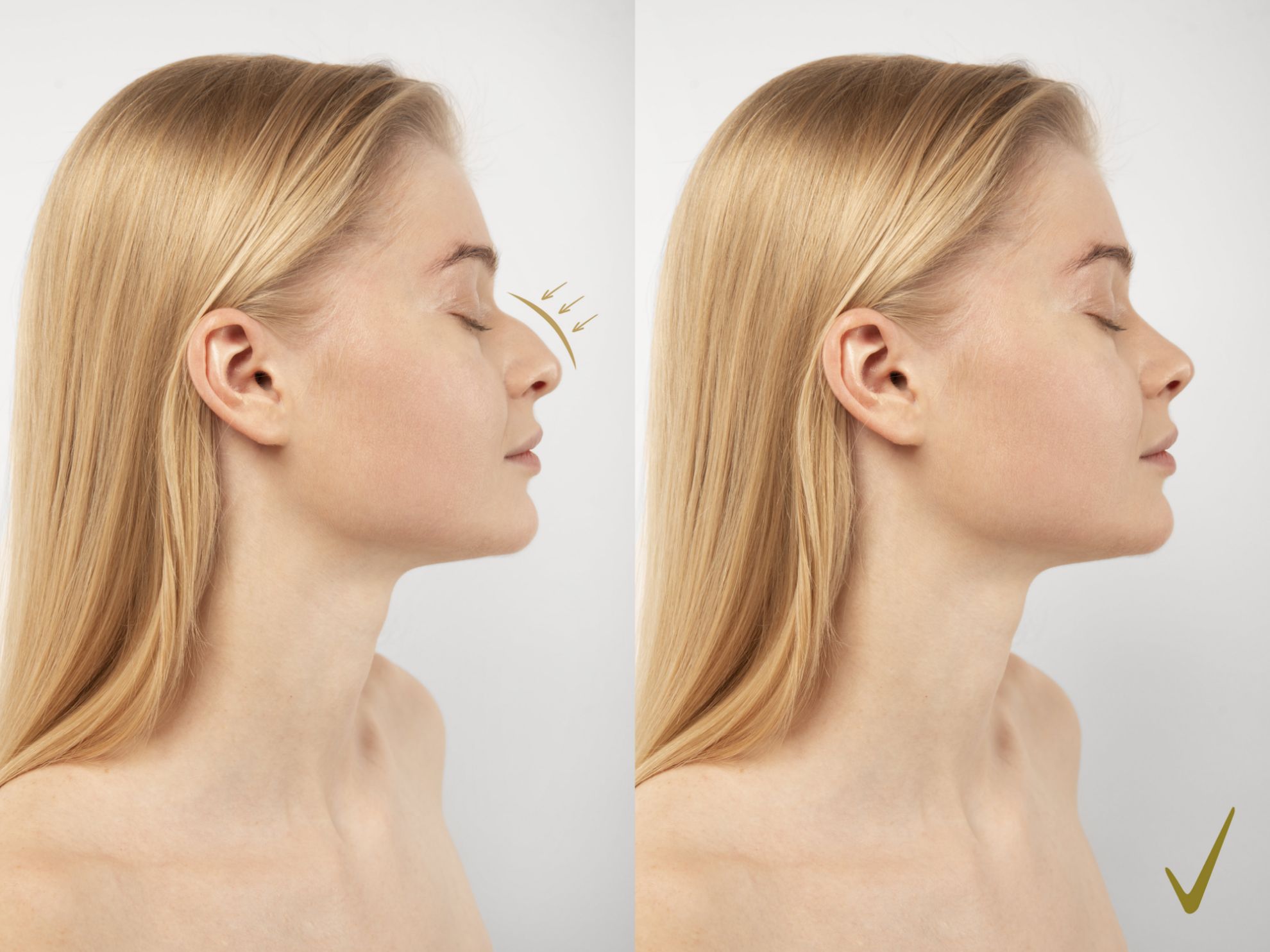


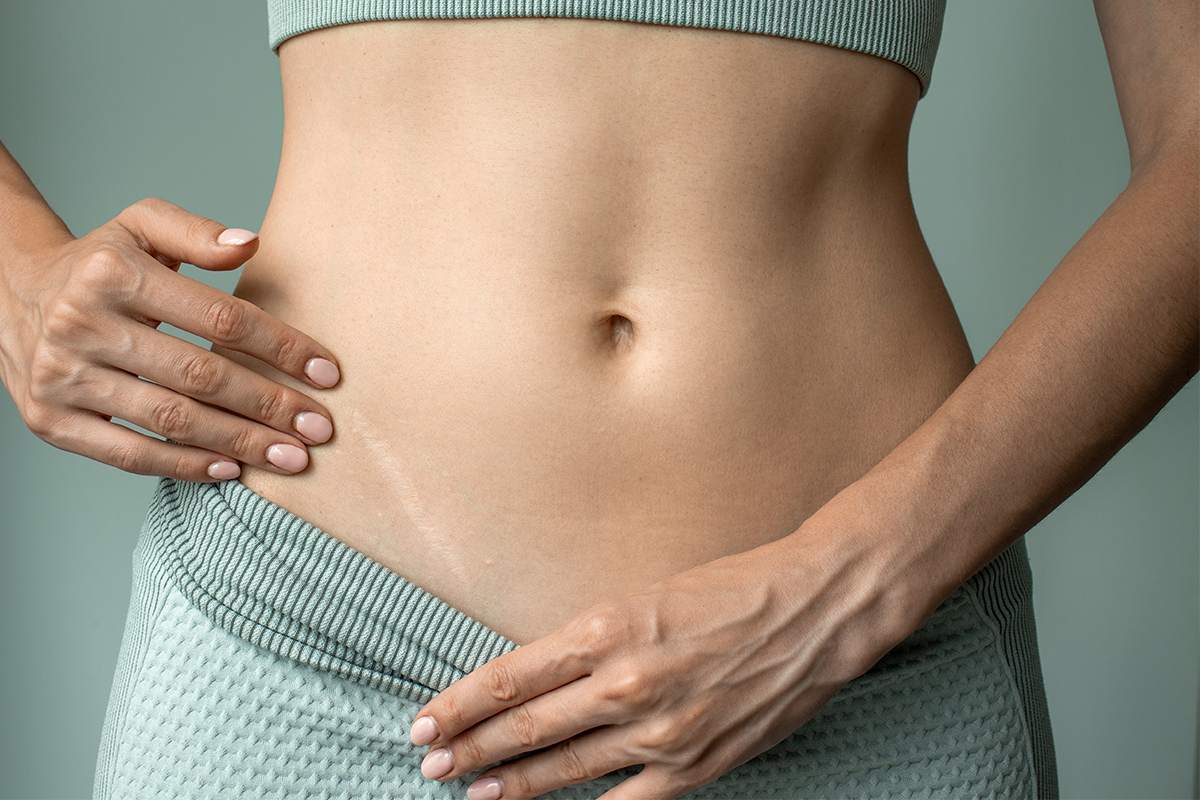

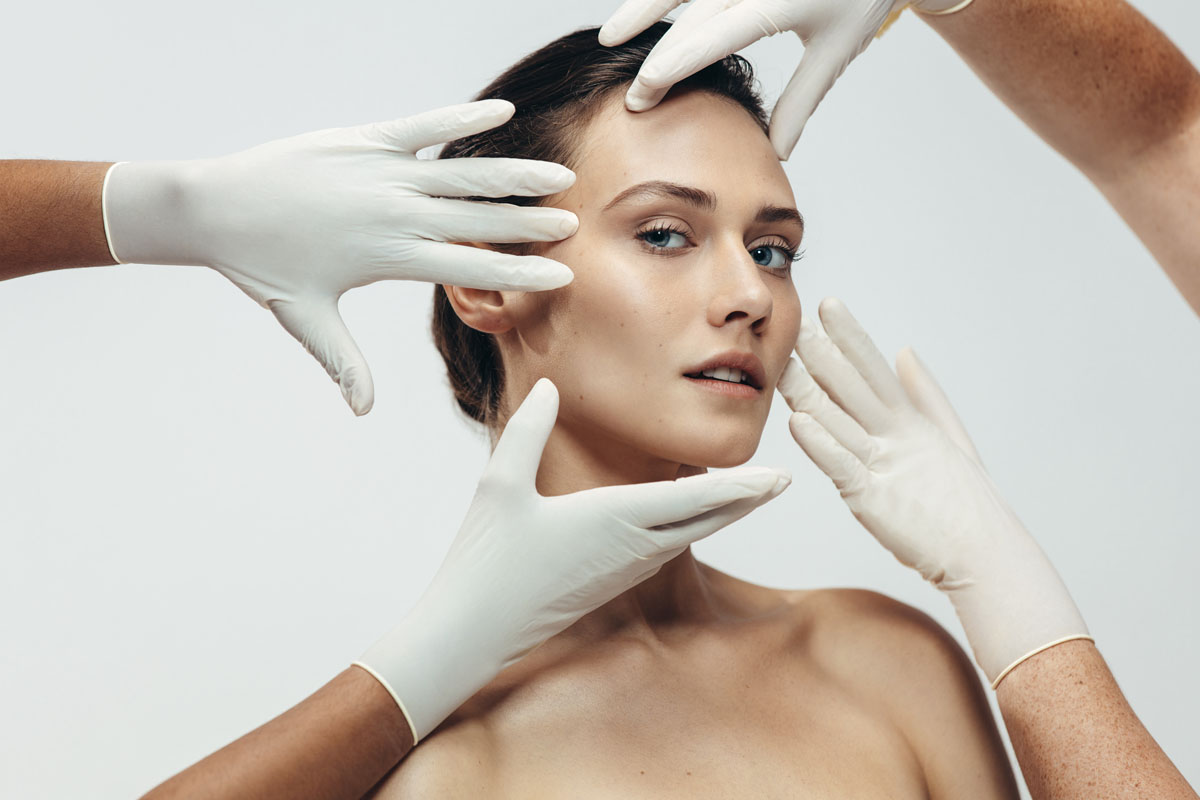
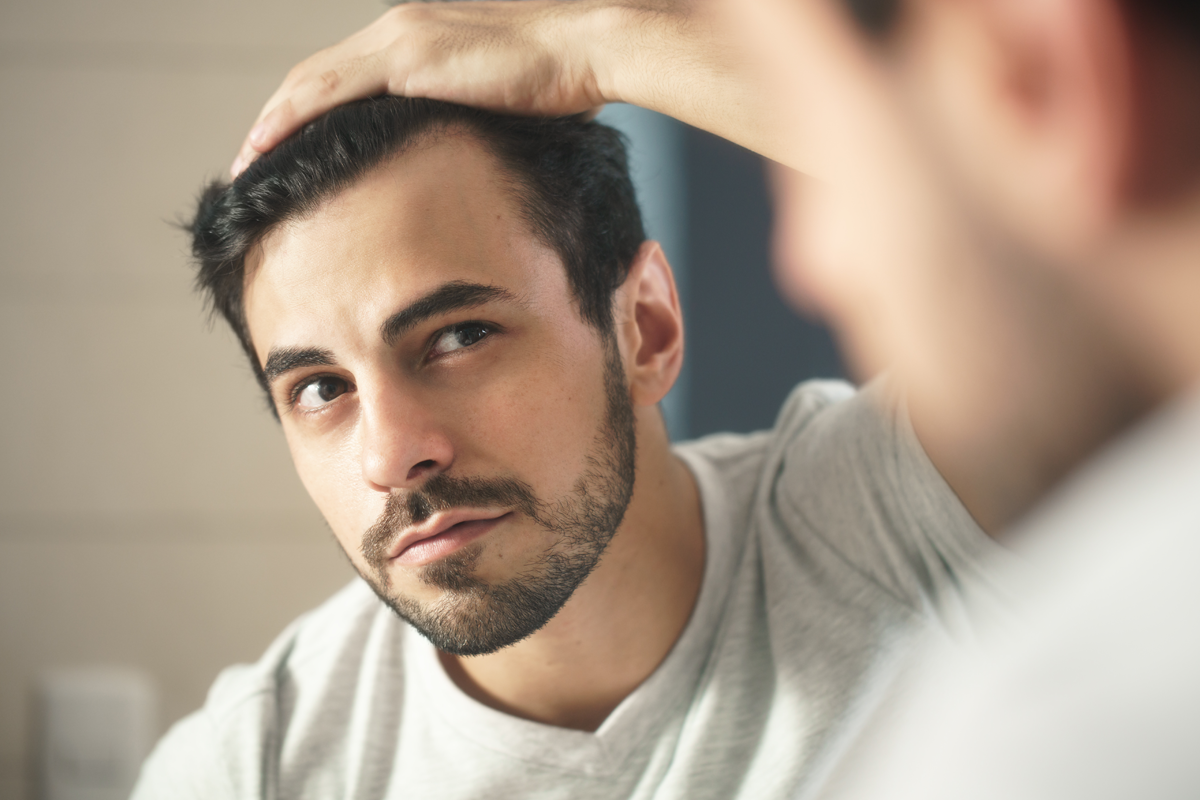



Leave Comment